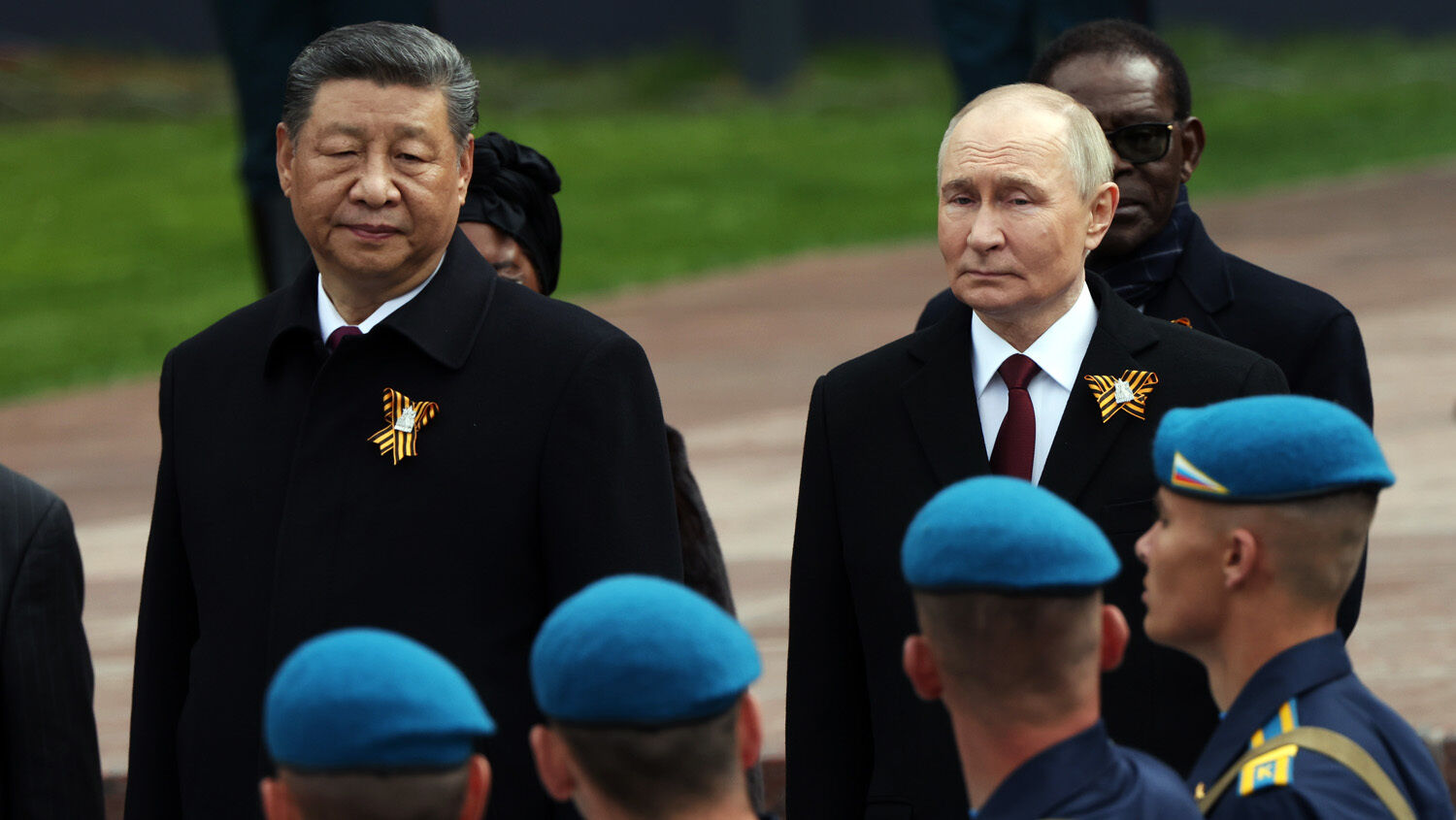
Trouble in Paradise? Chinese Hackers Are Pummeling Russia
Hackers and infiltrators sponsored by the Chinese Communist Party have waged a series of attacks on Russian firms and government organizations since mid-2022 to obtain military secrets, the New York Times reported Thursday.
In one case, a Chinese group called Sanyo claimed to be a Russian engineering firm in order to gain access to classified information on Russia’s nuclear submarines. In another case, Chinese hackers infiltrated Russian state-owned military conglomerate Rostec, aiming to pry out details of Russia’s satellite systems and radar.
The report comes just days after a leaked document from Russia’s domestic security agency called China not just “an enemy” but “the enemy” of Russia. The document, written in late 2023 or early 2024, said Russia is aware of a systematic Chinese campaign to recruit Russian spies to give Beijing sensitive Russian military secrets. It says Russia also believes China may soon try to seize Russian territory.
These developments provide more evidence that Russia and China’s so-called no limits partnership has always been a marriage of convenience between two extremely self-interested and hyper-narcissistic nations.
Back in the 1950s, China and what was then the Soviet Union began disputing their shared border and arguing over “which shade of red” was the correct one for communism. In 1969, these disputes exploded into a vicious border war. The conflict became so intense it threatened to spark a nuclear altercation. The nuclear button was never pressed, but more than two decades of profound mutual bitterness followed—and much of that lingers into the present.
Russians today have a national identity grounded in cultural exceptionalism, historical innovation and strength. They still take great pride in the Sputnik milestone and their Cold War legacy of being the sole power able to stand against the United States for decades. They loathe the idea of becoming “junior partner” to a nation that was basically a bunch of rice farmers until the 1960s.
But China today has 10 times the population of Russia—and 10 times the economy. The Chinese believe a “Chinese century” is inevitable. This is why they are in overdrive building a military, including a nuclear arsenal, that can rival that of Russia and America. This is why Chinese nationalists openly call for Beijing to seize Russian regions such as Amur, Ussuri and Vladivostok. China aims eventually to turn the Russian expanse into a vast resource field—to provide China with the energy and materials it needs to become the global hegemon.
Much like Japan and Germany in the 1940s, Russia and China today are allied as a temporary measure so they can work against their common enemies. But after those enemies have been vanquished, both plan to subjugate the other.
Every time Russian President Vladimir Putin and Chinese General Secretary Xi Jinping stage another exhibition of their bromance, shouting to the world about the purity of their trust for each other and the profundity of their mutual love, Shakespeare’s words echo: “Methinks thou dost protest too much.”
These two nations are not actually friends. Their partnership is not ideological or pure. It is purely strategic.
Yet we know from Bible prophecy that circumstances will compel Russia and China to remain partnered throughout the years ahead and to draw even closer as the world descends into war. Both will see a European military superpower as an existential threat and will band together to better stand up to it. The age of man attempting to rule himself will be dramatically ended before Russia and China turn against each other. This means their axis of grievance remains deeply geopolitically significant—even though neither side is happy with it.
To understand more, read our Trends article “Why the Trumpet Watches Russia Allying With China.”
